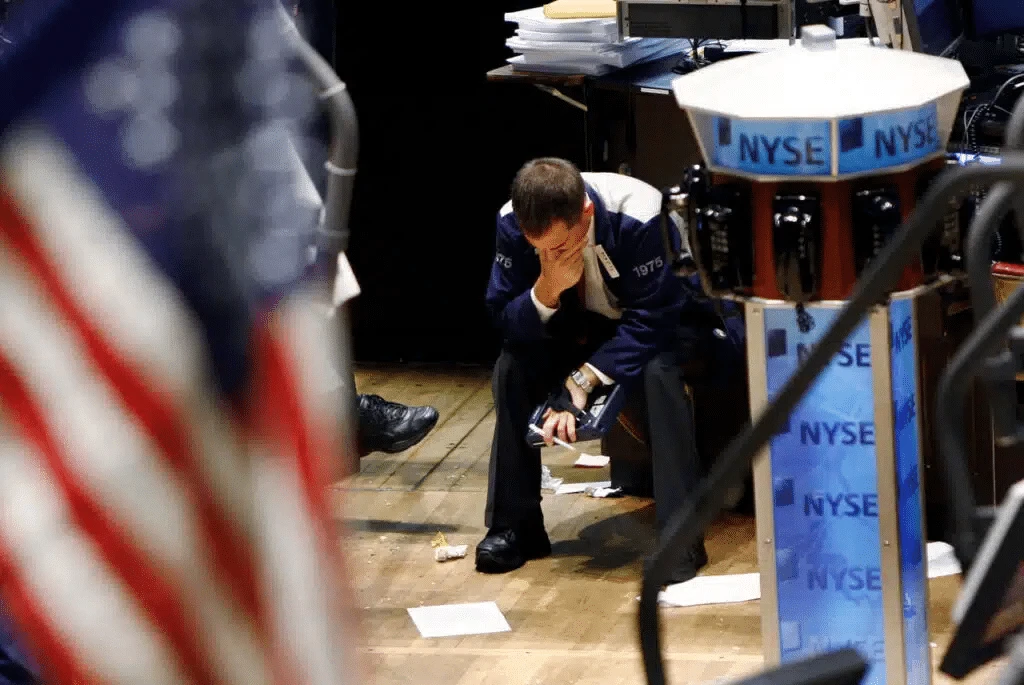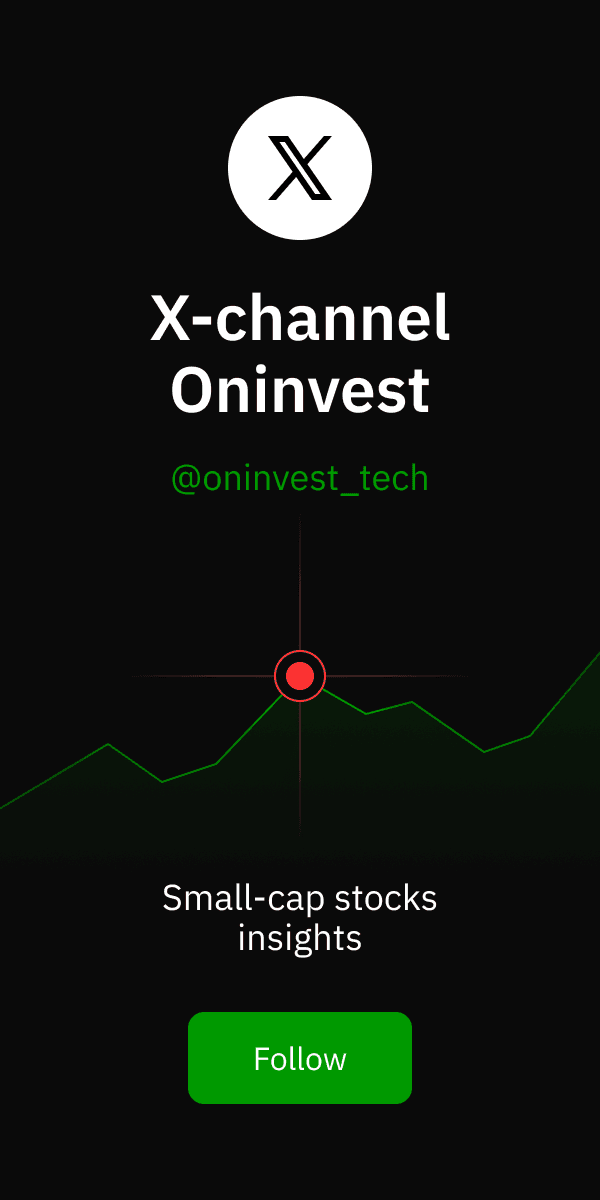Hindenburg Research founder shuts down firm, citing stress

Hindenburg Research was around for eight years. / Photo: REUTERS/Shannon Stapleton
Hindenburg Research, the activist short-selling firm known for triggering massive selloffs and criminal investigations with its reports, is shutting down. Founder Nate Anderson attributed the decision to stress and said he had earned enough money to focus on low-risk investments.
Details
Anderson announced the closure of Hindenburg Research in a statement published on the company’s website:
"Someone once told me that at a certain point a successful career becomes a selfish act. Early on, I felt I needed to prove some things to myself. I have now finally found some comfort with myself, probably for the first time in my life. I probably could have had it all along had I let myself, but I needed to put myself through a bit of hell first. The intensity and focus has come at the cost of missing a lot of the rest of the world and the people I care about. I now view Hindenburg as a chapter in my life, not a central thing that defines me."
In an interview with the , Anderson cited the relentless stress of his job. He now plans to spend more time with his family, travel, and pursue hobbies. Anderson told the that he had amassed enough wealth to secure his family’s future and would now invest in index funds and other low-risk assets.
Hindenburg Research’s legacy
Anderson was part of a late-2010s surge in activist short-selling — betting against companies’ shares while also publishing research to turn market sentiment against targets, according to the .
Founded in 2017, Hindenburg Research did not manage other people’s money but shared its investment ideas with other hedge funds for a share of profitable trades. The firm claimed that its targets were overvalued due to financial manipulation or outright fraud.
One of its early high-profile targets was Nikola, a manufacturer of electric trucks. Hindenburg’s report caused a deal with General Motors to fall through, and Nikola’s founder, Trevor Milton, was later convicted of fraud (he is appealing the verdict). In 2023, Hindenburg’s attack on India’s Adani Group led to U.S. government allegations of securities fraud against its founder, Gautam Adani. That same year, the U.S. Department of Justice launched an investigation into Super Micro, which Hindenburg accused of accounting and sanctions violations. Since Hindenburg’s reports, Super Micro stock has dropped nearly 45%, Adani Enterprises 30%, and Nikola almost 100%, according to the .
"And boy did we have an impact, eventually — more than I imagined was possible at the outset," Anderson wrote in his statement. "Nearly 100 individuals have been charged civilly or criminally by regulators at least in part through our work, including billionaires and oligarchs. We shook some empires that we felt needed shaking."
Some Hindenburg reports failed to achieve their intended impact. Shares of children’s game platform Roblox, for instance, have risen about 50% since October, when Hindenburg accused the company of inflating user numbers and failing to protect child users from inappropriate content due to inadequate moderation. Roblox denied the allegations but added parental controls.
In August 2024, Hindenburg accused Freedom Holding Corp., a U.S.-registered financial group, of evading sanctions against Russia and falsifying financial statements. An independent investigation by Morgan, Lewis & Bockius LLP and Forensic Risk Alliance concluded that the allegations did not take account of important facts and were not supported by evidence.
